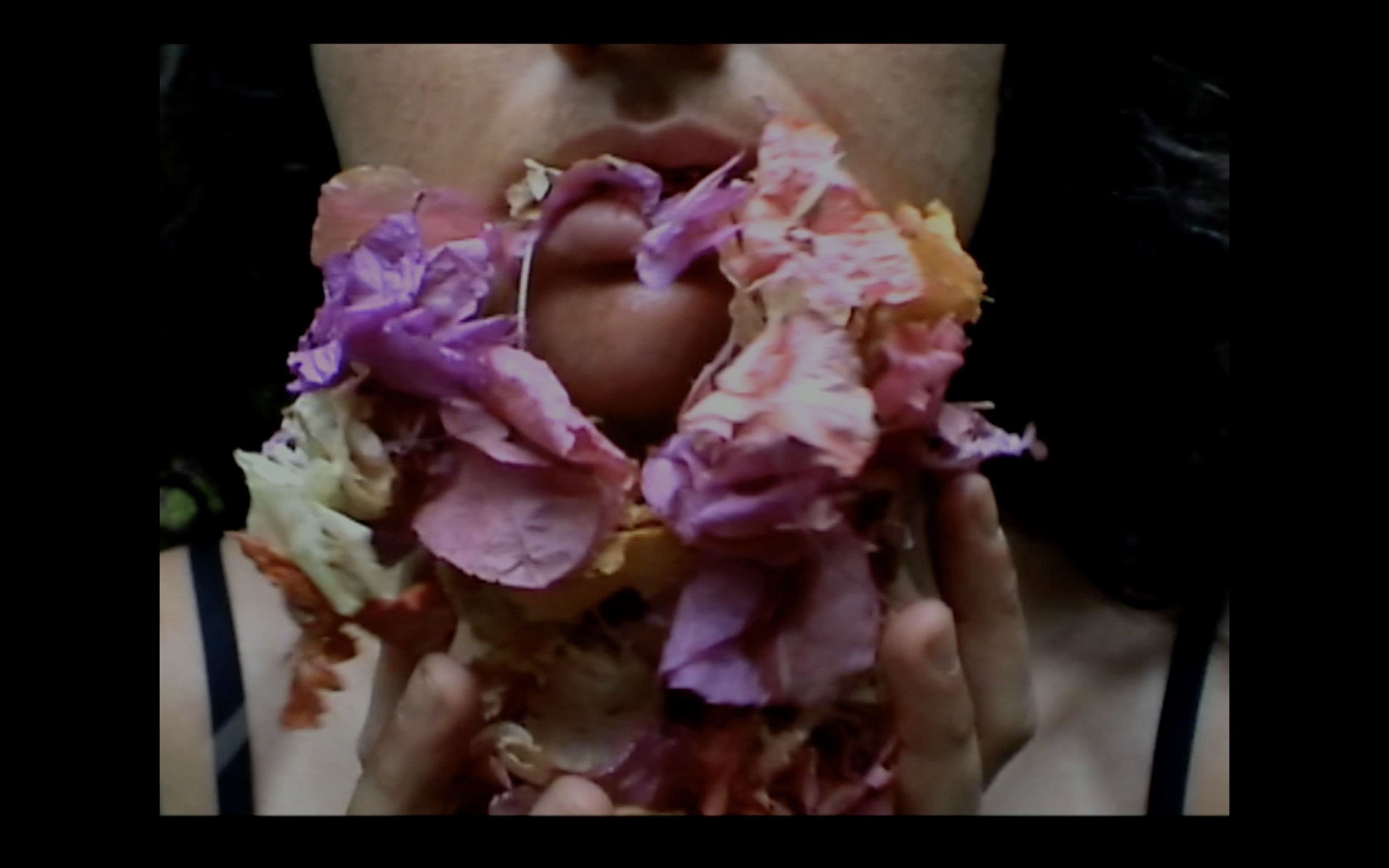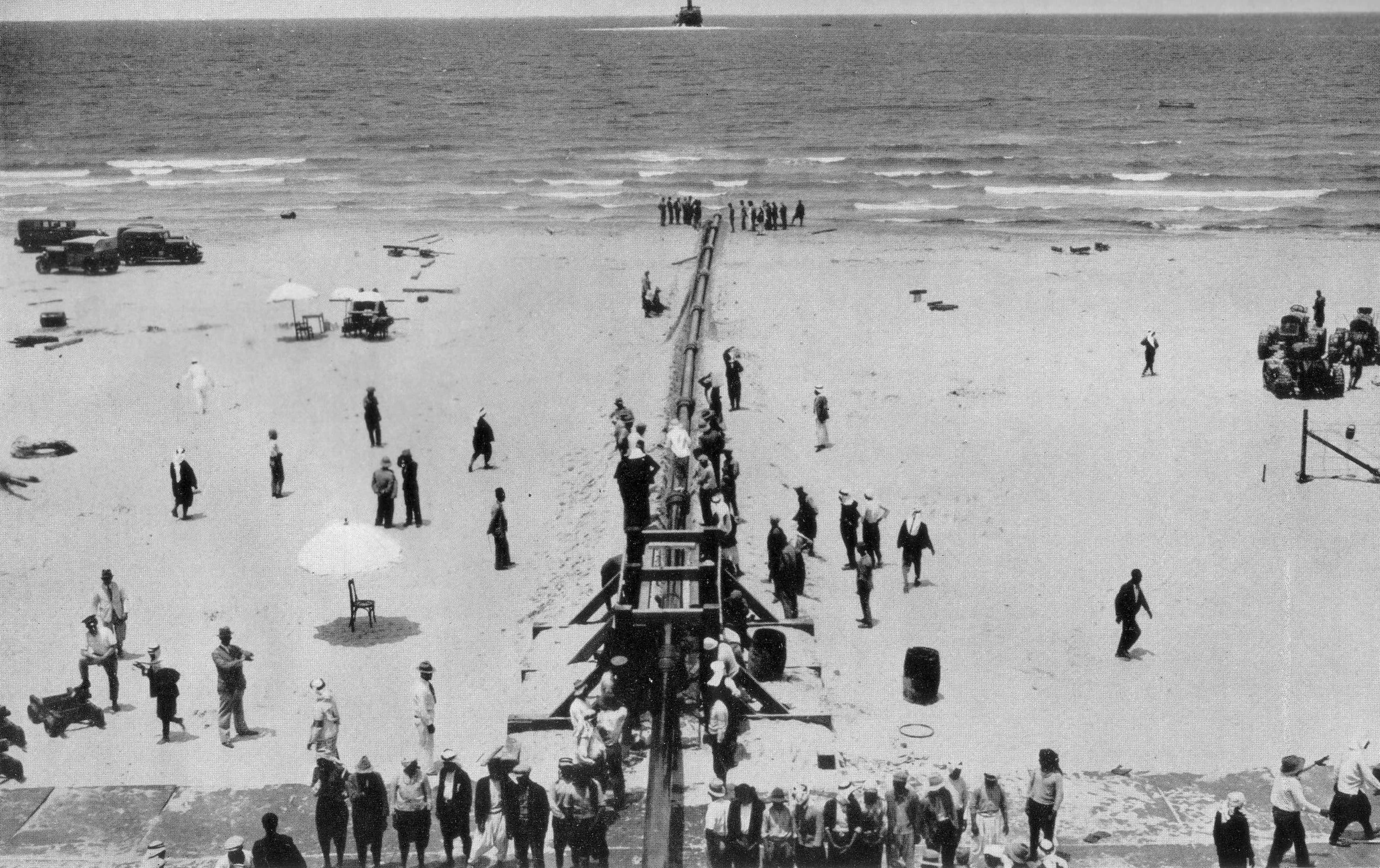TPFF FILM RESIDENCY
Toronto Palestine Film Festival is proud to present original work by Canadian Palestinian filmmakers. The films were developed, workshopped, filmed and produced through the TPFF Film Residency, in partnership with Trinity Square Video.
2024


2023
2022
Kareem Al Sawalmeh
A day in the life of a spoon takes a dramatic turn as the common kitchen utensil becomes the key catalyst of a prison escape that embodies the resilient spirit of the Palestinian struggle for freedom. Presented through an abstracted perspective and visual storytelling style, this poetic short takes the liberatory ideals of the now infamous Gilboa prison escape and generalizes them onto a much more encompassing demographic: freedom defenders worldwide.
Razan AlSalah
Amin is alienated twice, from land and labor. Oil flows from Haifa, Palestine to an island in the Gulf. European-Zionist colonialism aligns with capitalist extraction to displace and exploit a generation of Palestinians. But our struggle is creative, it changes, it continues.
With filming restricted by international borders and private property alike, the island الجزيرة was composed using a video call interview, oil & gas corporate films, maps, and a single archival image of the Haifa pipeline in 1938.
2021
Annie Sakkab
The Poem We Sang is an experimental documentary that meditates on love and longing - the love of one's family and the longing for one's home, contemplated through overcoming the trauma of loss of family home and of forced migration, transforming lifelong regrets into a healing journey of creative catharsis and bearing witness.
Nada El-Omari
In the pieces I store and carry along my many different roads, my dialects may be signs of bruises but reclaimed they form the skin and voice I live in. Experiences of the where, from where, to where; a narrative amongst others. And as the words finally trickle through the needles, fingers seeping with tints trace the outline of whirling fields where I hang a jasmine branch on suspended necks and in the in-betweens, language soothes, swans mend, and the daily brings calm. We are the comfort of our multiples.
Muhammad Nour El-Khairy
Omar, what's good?' is a found footage experimental documentary that deconstructs the public persona of Egyptian actor Omar Sharif, to retell the story of his rise to fame and subsequent fall.
This visual archaeological project re-appropriates a series of fiction films that star Sharif and intercuts them with news footage, archival materials, interviews and television programs to reflect on particular moments in Sharif’s career. The film reveals, using a process of deconstructing the found footage, the colonial context and mindset that shaped Sharif’s life between the Middle East and America.
2020
Kalil Haddad
As her childhood home is emptied for sale, Marie wanders through spaces both concrete and virtual as she attempts to navigate the ghosts of her past.
Rana Nazzal
Something from there is a reflection on the substance of our original lands. How does connection to land change after uprooting and in diaspora? How does matter come to embody our memories and defy official histories? This film is a personal reflection on the complicated implications of wanting a piece of land after displacement. son Zaki El-Kassem speaks about his decades-long attempts to preserve the tree and its seeds.
Serene Husni
When he was 13, Hammoudeh was presented with a crucial test of character. Instead of being punished for skipping school, he was entrusted with managing the family allowance for two weeks. To feed his three siblings, he resorted to something he always knew: in a Palestinian house, the pantry is never bare. Borrowing from classic elements of Palestinian storytelling—namely repetition, trickery, and an obsession with food—Brown Bread & Apricots is a story about a family in exile and an unruly teenage boy.
Leila Almawy
Rumaan follows the story of a pomegranate tree that was planted in Canada, grown from seeds that were transported from Haifa, Palestine by Mamdouh El-Kassem when he and his young family were forced to flee the Nakba in 1948. Mamdouh's son Zaki El-Kassem speaks about his decades-long attempts to preserve the tree and its seeds.
INQUIRIES
Contact tpfflocalpals@gmail.com













